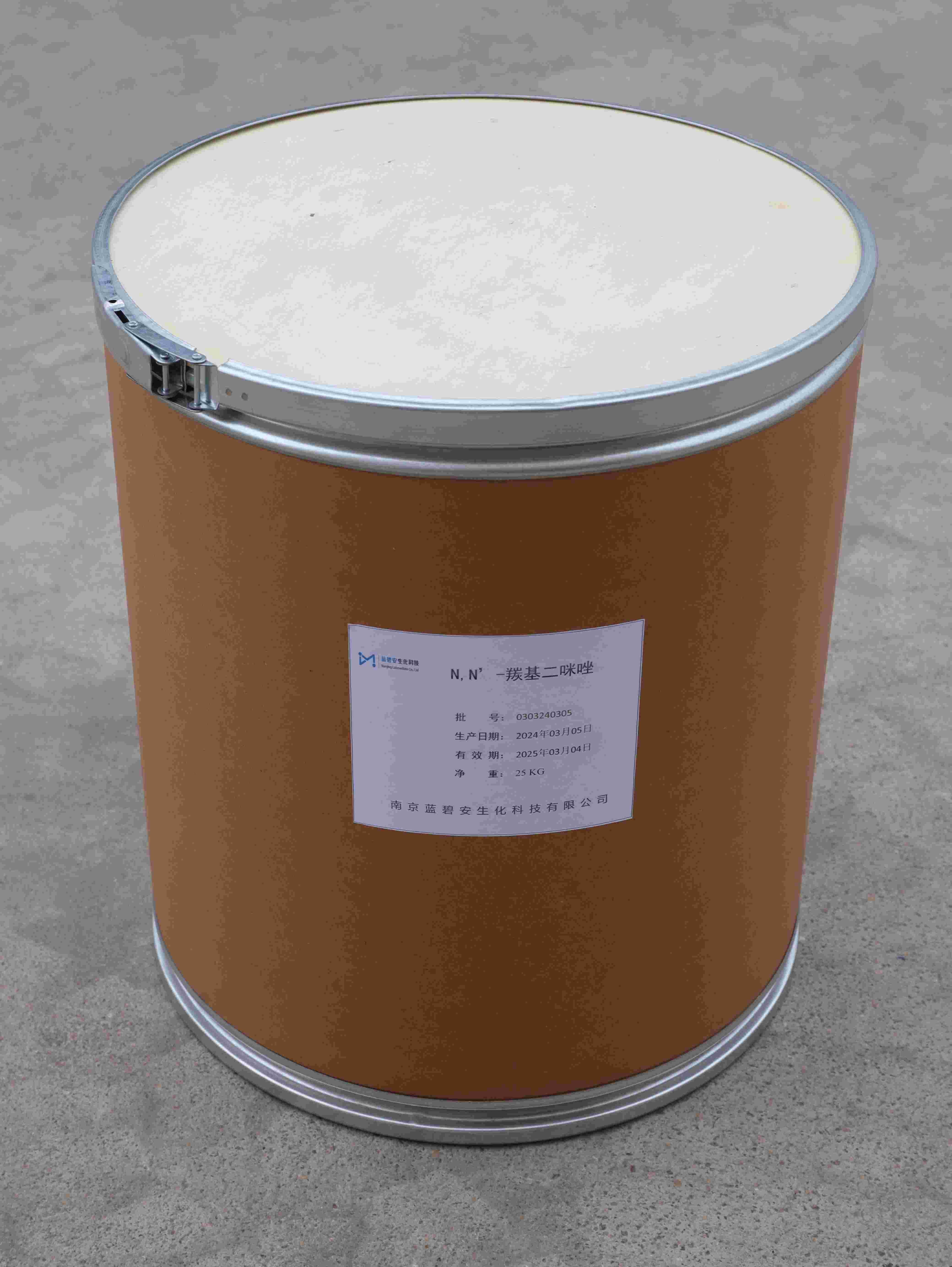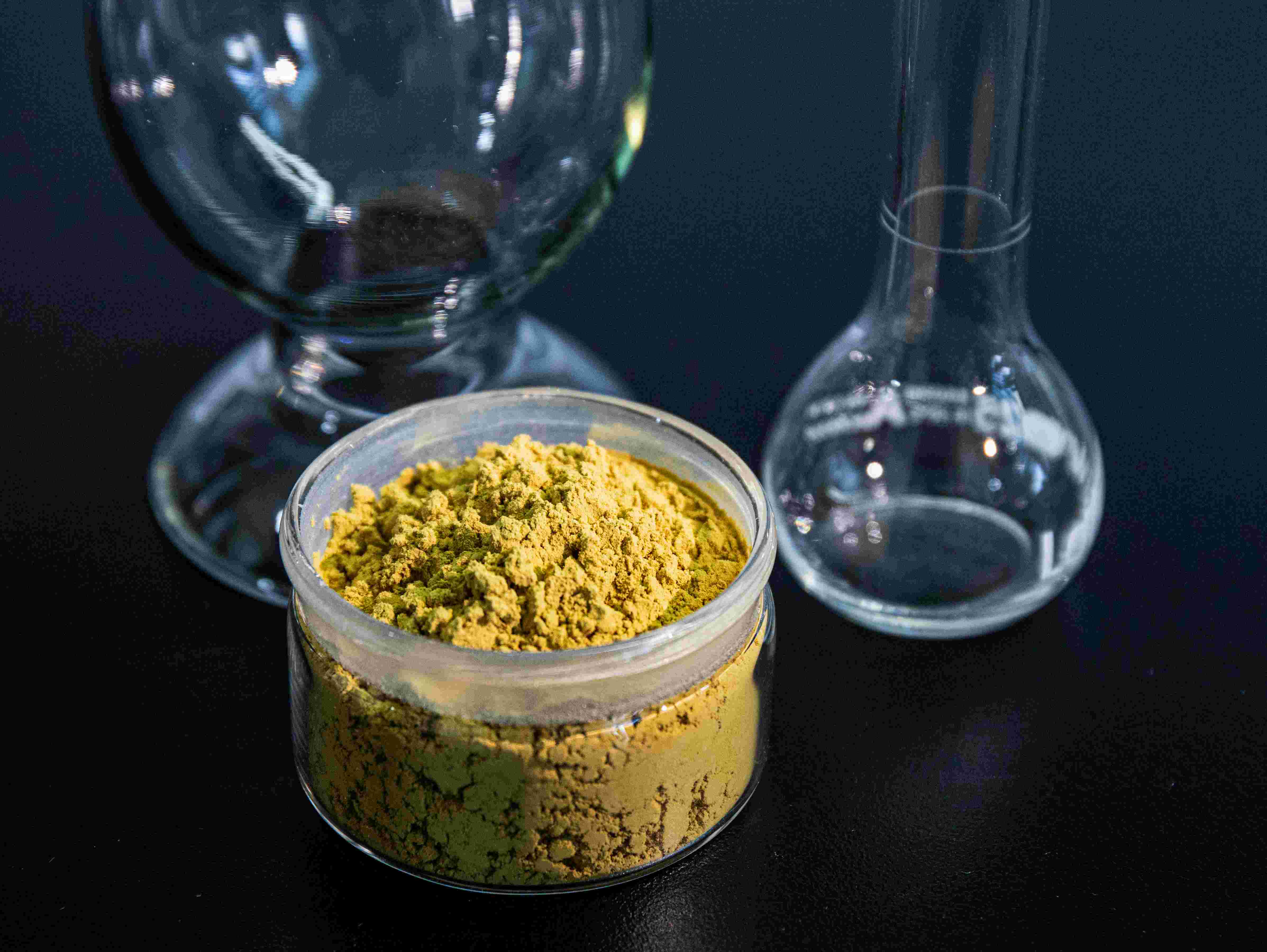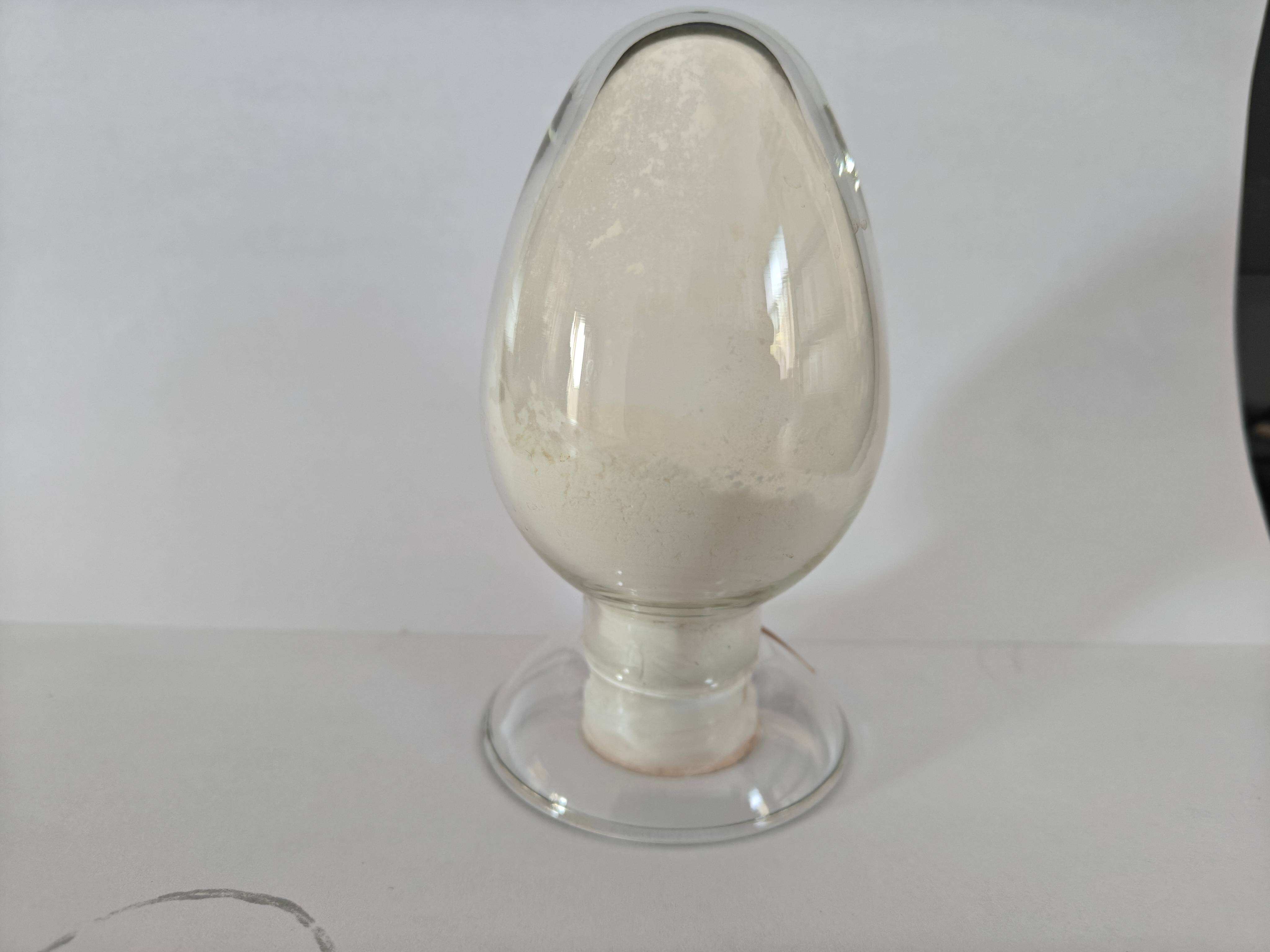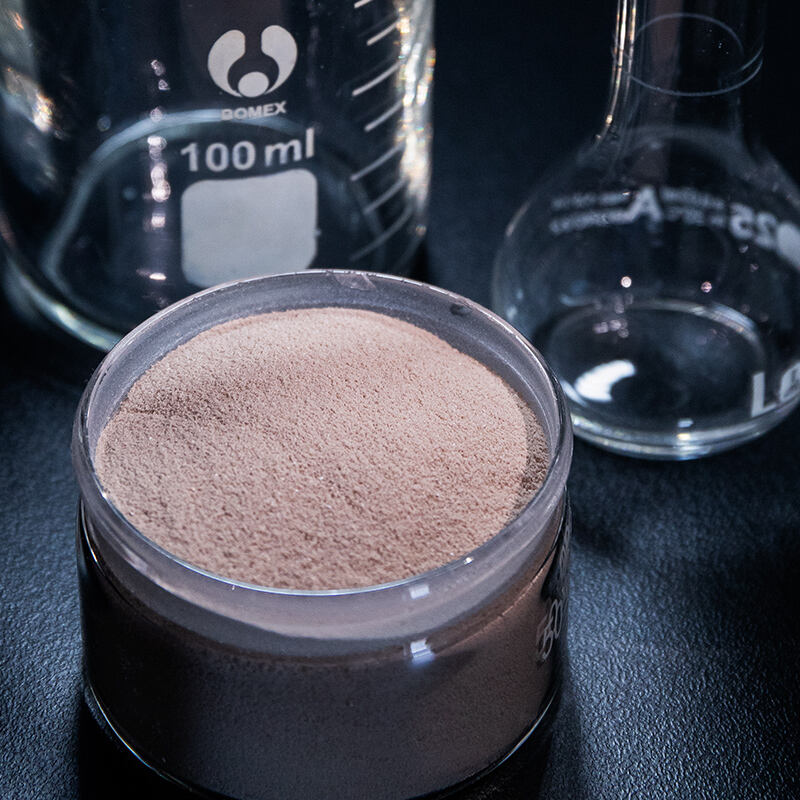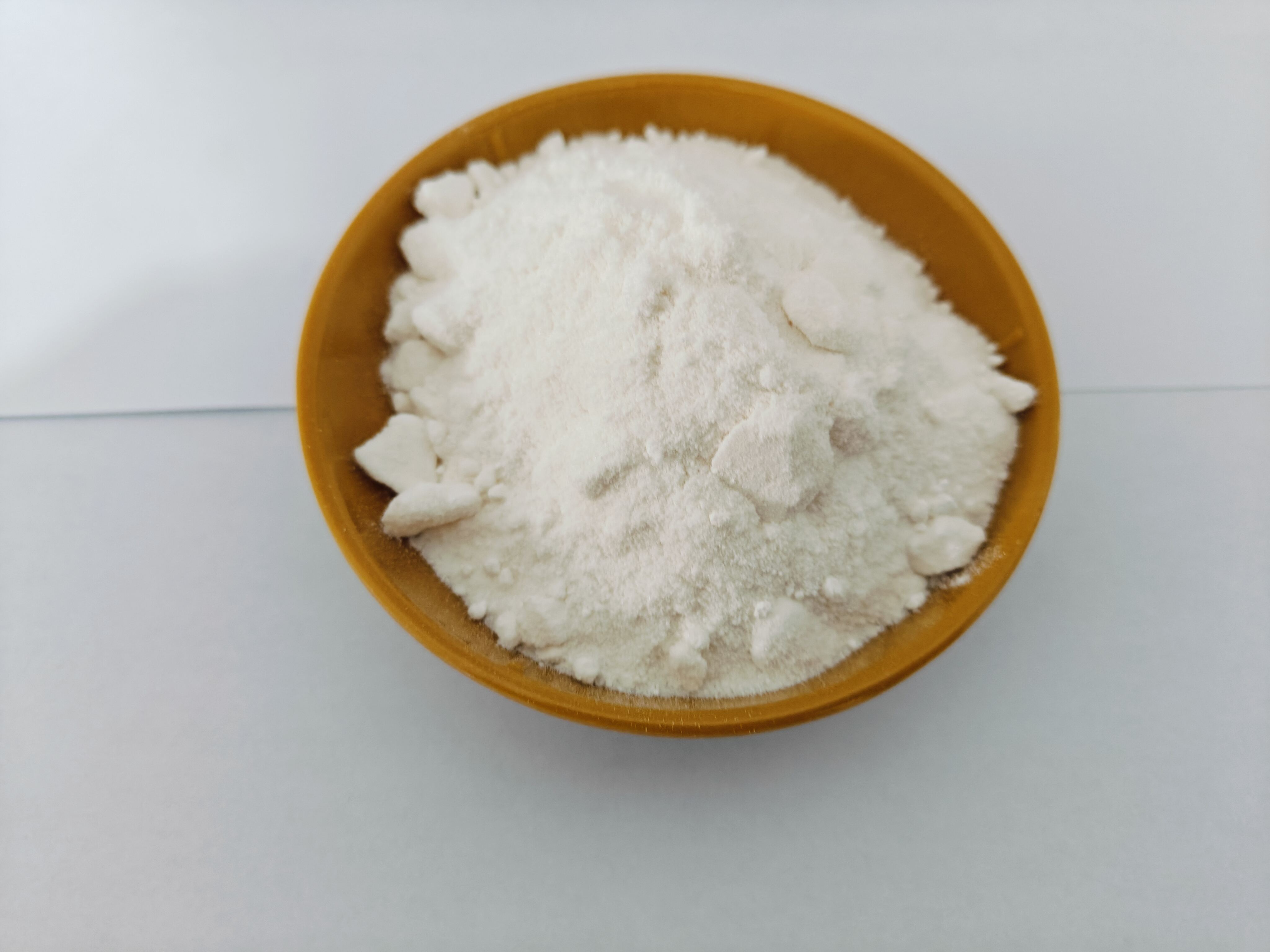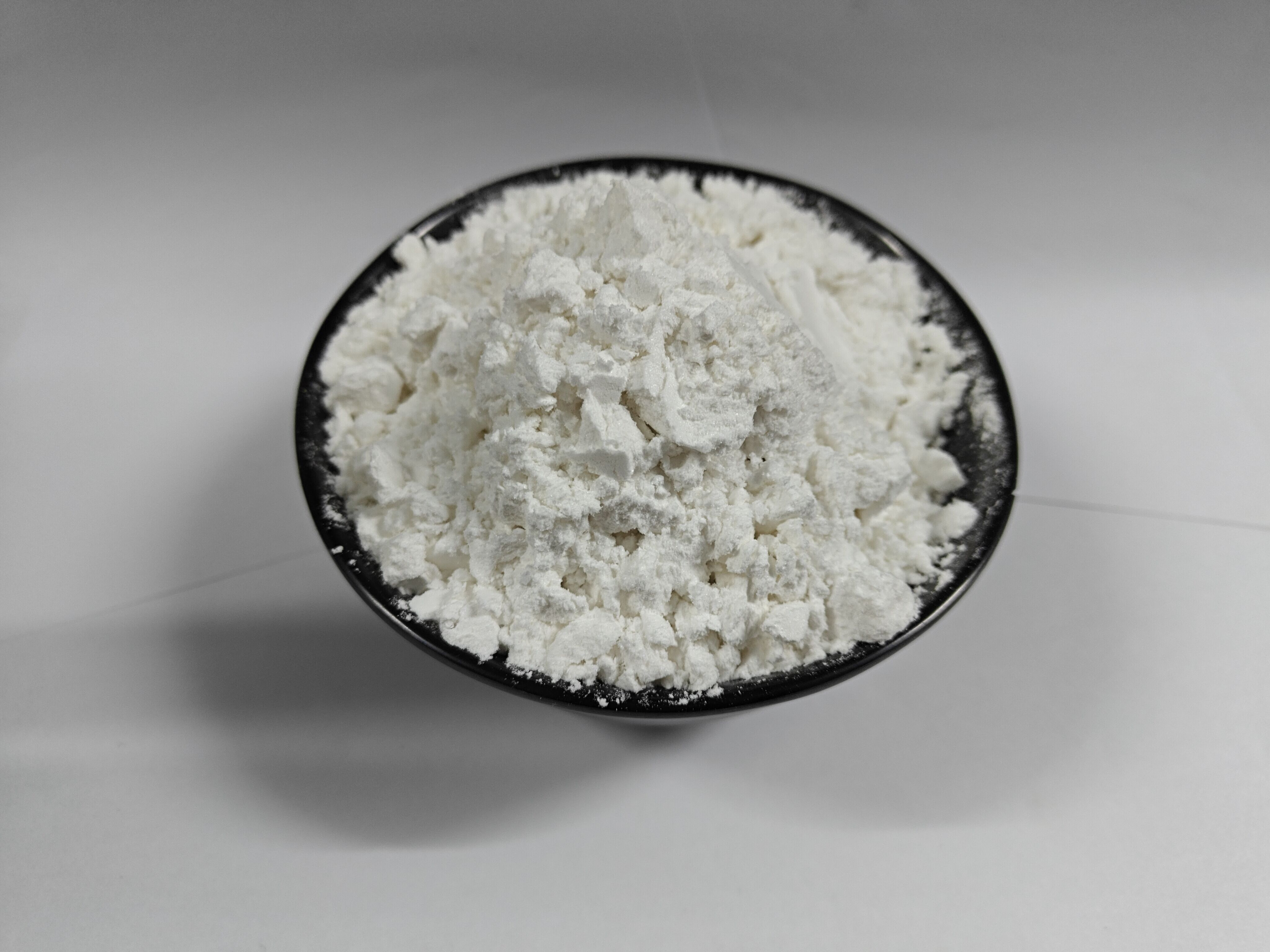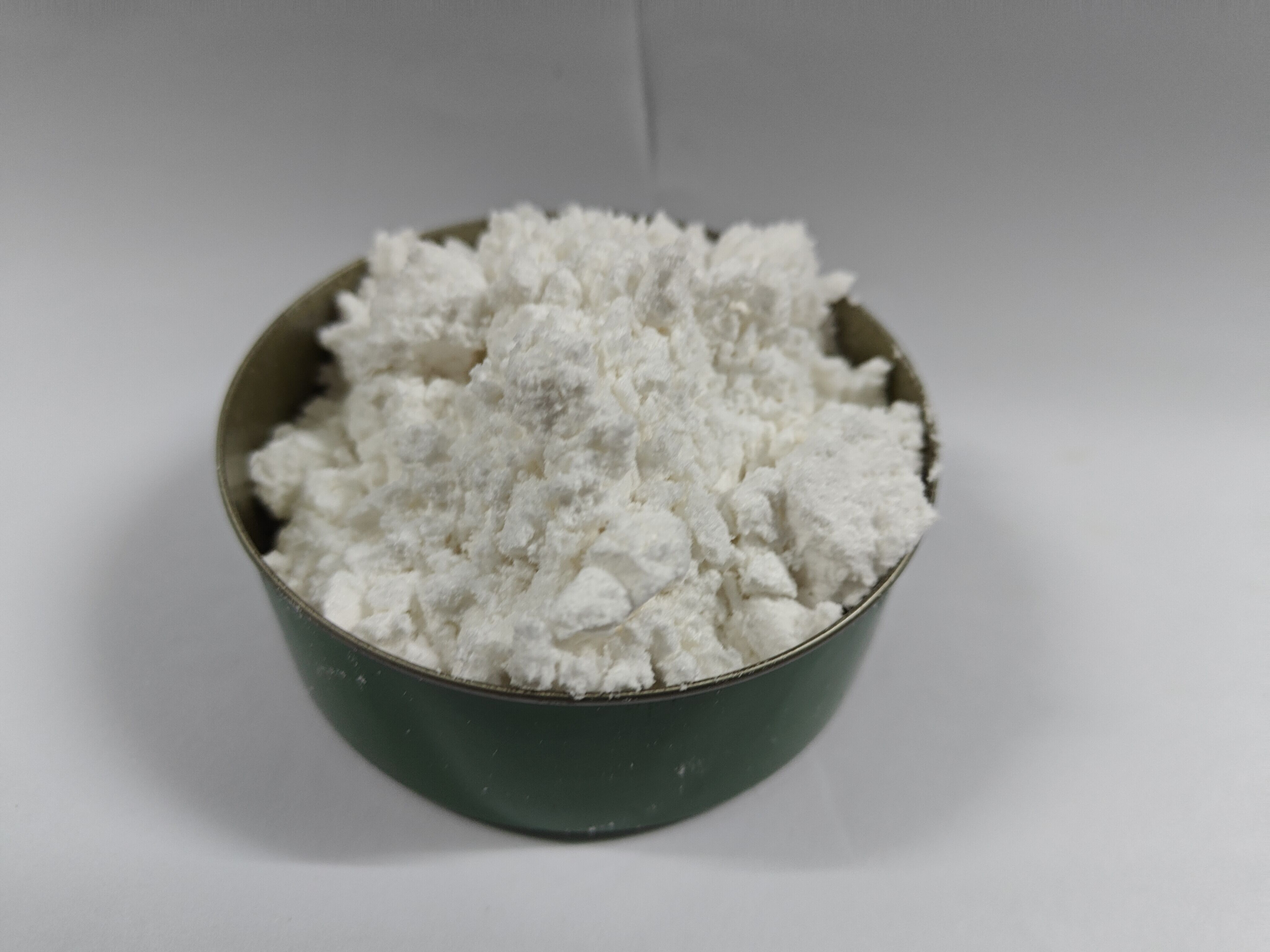cdi amide coupling mechanism
CDI (N,N'-Carbonyldiimidazole) amide coupling mechanism is a powerful synthetic method in organic chemistry that facilitates the formation of amide bonds. This mechanism operates by activating carboxylic acids through the formation of reactive acyl imidazole intermediates, which then readily react with amines to form stable amide bonds. The process begins when CDI reacts with a carboxylic acid, releasing carbon dioxide and imidazole as byproducts. The resulting activated intermediate then undergoes nucleophilic attack by an amine, forming the desired amide product. This mechanism is particularly valuable in pharmaceutical synthesis, peptide chemistry, and polymer science due to its mild reaction conditions and high yields. The technology features excellent selectivity, minimal side reactions, and compatibility with various functional groups. Additionally, the mechanism operates effectively at room temperature, requires no specialized equipment, and produces water-soluble byproducts that are easily removed during workup. Its applications span across multiple industries, from drug development to materials science, making it an indispensable tool in modern synthetic chemistry.

